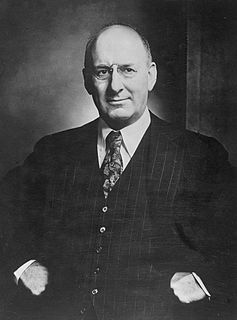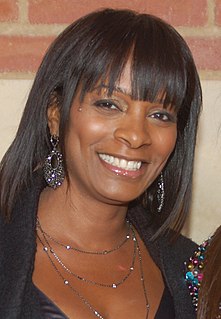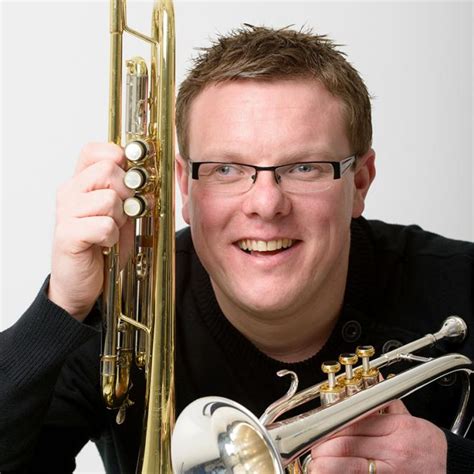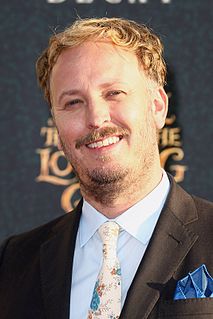A Quote by Timothy Leary
I'd just like to see thinking come back in style. I haven't heard a new idea in eight years. Let's get ordinary people arguing and talking again. I want to trigger new circuits in their nervous systems. That's the philosopher's job and I am the most important philosopher at this time.
Related Quotes
What you have felt and thought will by itself invent a new style, so that when people talk about style they are always a little astonished at the newness of it, because they think that it is only style that they are talking about, when what they are talking about is the attempt to express a new idea with such force that it will have the originality of the thought.It is an awfully lonesome business, and, as you know, I never wanted you to go into it, but if you are going into it at all, I want you to go into it knowing the sort of things that took me years to learn.
We have tried spending money. We are spending more than we have ever spent before and it does not work. And I have just one interest, and if I am wrongsomebody else can have my job. I want to see this country prosperous. I want to see people get a job. I want to see people get enough to eat. We have never made good on our promisesI say after eight years of this administration we have just as much unemployment as when we startedAnd an enormous debt to boot!
I like Twitter, actually and I like Instagram and I like talking to people. Most weeks, I'll take a day, a morning or two out of my day and I'll sit and I'll just answer my tweets. You have to get back quickly. And I think that's important to let people know that you see them because they took the time to acknowledge me. And they took the time to if you want to be my fan and to follow me and appreciate what I do.
I think if you come from where I came from and where I have always been, I've always been reaching out and whether it's talking with our neighbors or going shopping or standing, talking to people in these bookstores and hearing what's on their minds, or even the work I did for eight years as a senator to bring new jobs to New York and stand up for the people I represented.
When I'm going to work, I often stop and wonder how I've got here. I don't mean literally, but just thinking back to when I first had the idea of being an actress, it seemed so unreal, so unlikely. People like me just didn't become actresses. Every new job I get comes as shock. It's almost as if I'm waiting to be found out.
By immersing ourselves with our consciousness in a supersensible world, we now learn a new kind of thinking, a new life of mental pictures, one that is not dependent on the nervous system in the way ordinary thinking is. We know that previously we have had to make use of our nervous system, but now we no longer need our brain.
I have always taken as the standard of the mode of teaching and writing, not the abstract, particular, professional philosopher, but universal man, that I have regarded man as the criterion of truth, and not this or that founder of a system, and have from the first placed the highest excellence of the philosopher in this, that he abstains, both as a man and as an author, from the ostentation of philosophy, i. e., that he is a philosopher only in reality, not formally, that he is a quiet philosopher, not a loud and still less a brawling one.
I intend Deaths in Venice to contribute both to literary criticism and to philosophy. But it's not "strict philosophy" in the sense of arguing for specific theses. As I remark, there's a style of philosophy - present in writers from Plato to Rawls - that invites readers to consider a certain class of phenomena in a new way. In the book, I associate this, in particular, with my good friend, the eminent philosopher of science, Nancy Cartwright, who practices it extremely skilfully.
The thing about acting is even if you get technically more skilled at what you do, every time you begin a film or a play you're terrified. You don't know if you're going to pull it off. Every film and every story has its own set of challenges. I've never felt like, oh yeah, that's it, nailed it! You can never sit and rest. That's why it's such an exciting job. It's beginning again every time you begin again. New story, new character, new place, new time, new director. It's like moving to a different planet and trying to figure out how to live there.





































